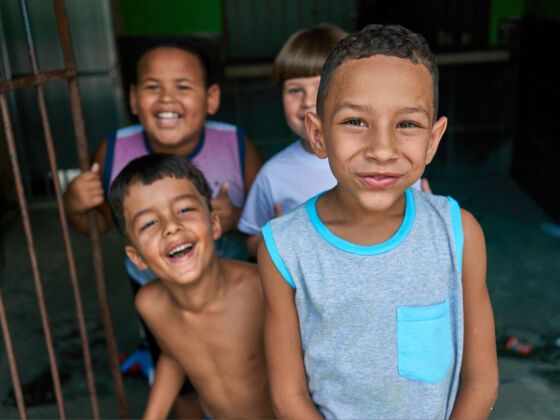ZIKA IS THE LEAST OF BRAZIL’S PROBLEMS in the run-up to the Olympics. The country is undergoing a perfect storm of crises this year, including its biggest recession since the 1930’s, a political crisis that may unseat the president, and it’s not even close to finishing many of its venues. Oh, and did we mention that body parts are washing up on the volleyball beach?


Rio Is "Cleaning the Streets" of Its Homeless Children Prior to the Olympics
The recession and instability, combined with the country’s pre-existing income inequality, has led to a crime wave that wasn’t helped by Rio’s inability to pay for its police force. Underage street gangs, as a result, have been taking busses to the touristy beach areas to rob tourists.
So in early July, the country deployed the National Guard to the Olympic sites to protect the tourists, while undergoing a process called “cleaning the streets.” It’s not as pleasant as it sounds: what the streets are being cleaned of is not garbage, but people. Specifically, homeless people and drug dealers.
The problem is that homeless people and drug dealers are frequently children in Brazil. They are kids that were pushed out of their homes by poverty or abuse, and who were then forced to join street gangs (if they are boys) or become prostitutes (if they are girls) in order to survive. The “cleaning the streets” campaign solves none of this — it merely brushes the problem under the carpet so Olympic tourists don’t have to see the country’s uglier side.
The children are frequently taken into police stations without cause, and are held there indefinitely in overcrowded jails. A UN report even accused the police of killing the children to keep them off the streets. Brazil has the second highest child homicide rate in the world, behind Nigeria, according to UNICEF, and about 16% of those homicides are carried out by the police, according to Amnesty International.
All of this is justified in the name of tourism dollars to the country — but those tourism dollars often don’t balance out the sheer amount of money put into preparing the country for the event, and likely won’t end up helping the poor anyway.
The saddest part is that the situation was actually improving prior to the World Cup and the Olympics — crime rates were dropping, and police were rewarded for that drop (as opposed to being rewarded for killing drug dealers, which they had been before). But the desire to make the country look safe for cameras rather than be safe has led to a backslide.
h/t: EthicalTraveler.org